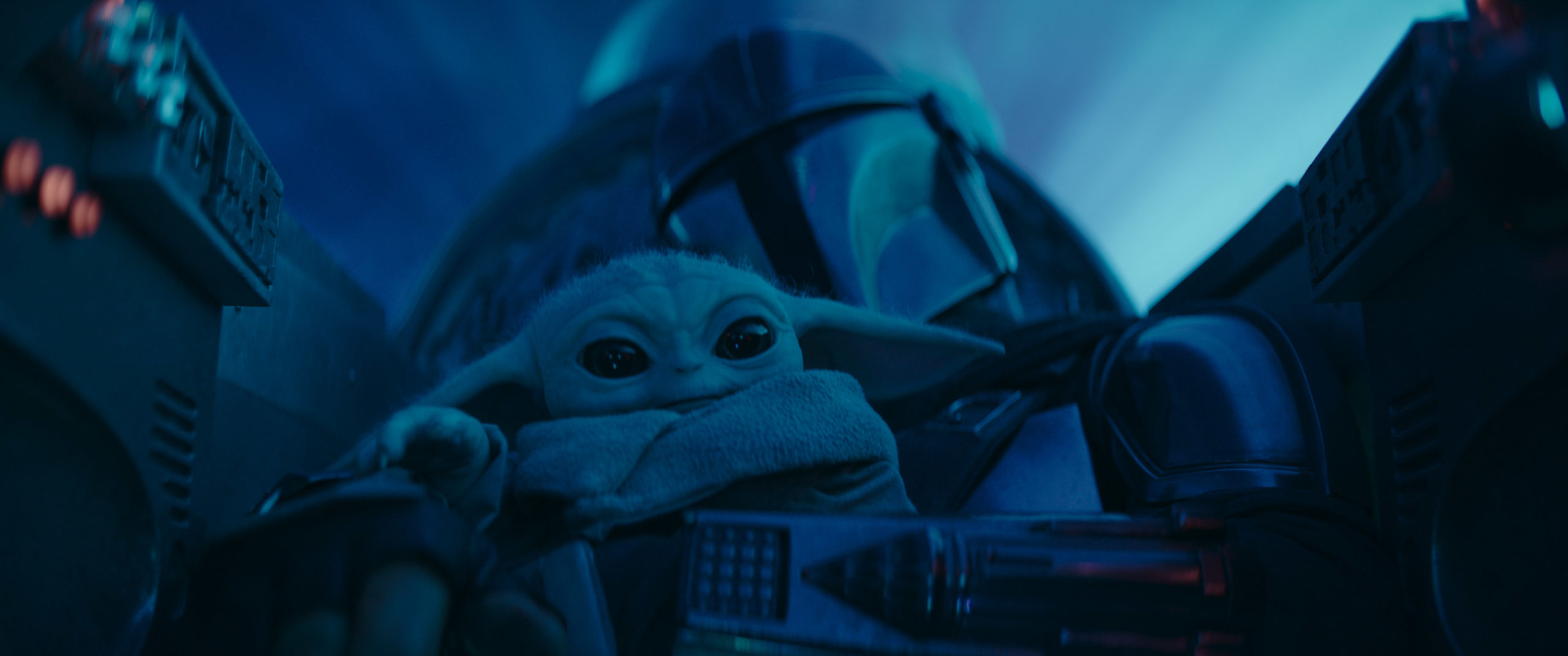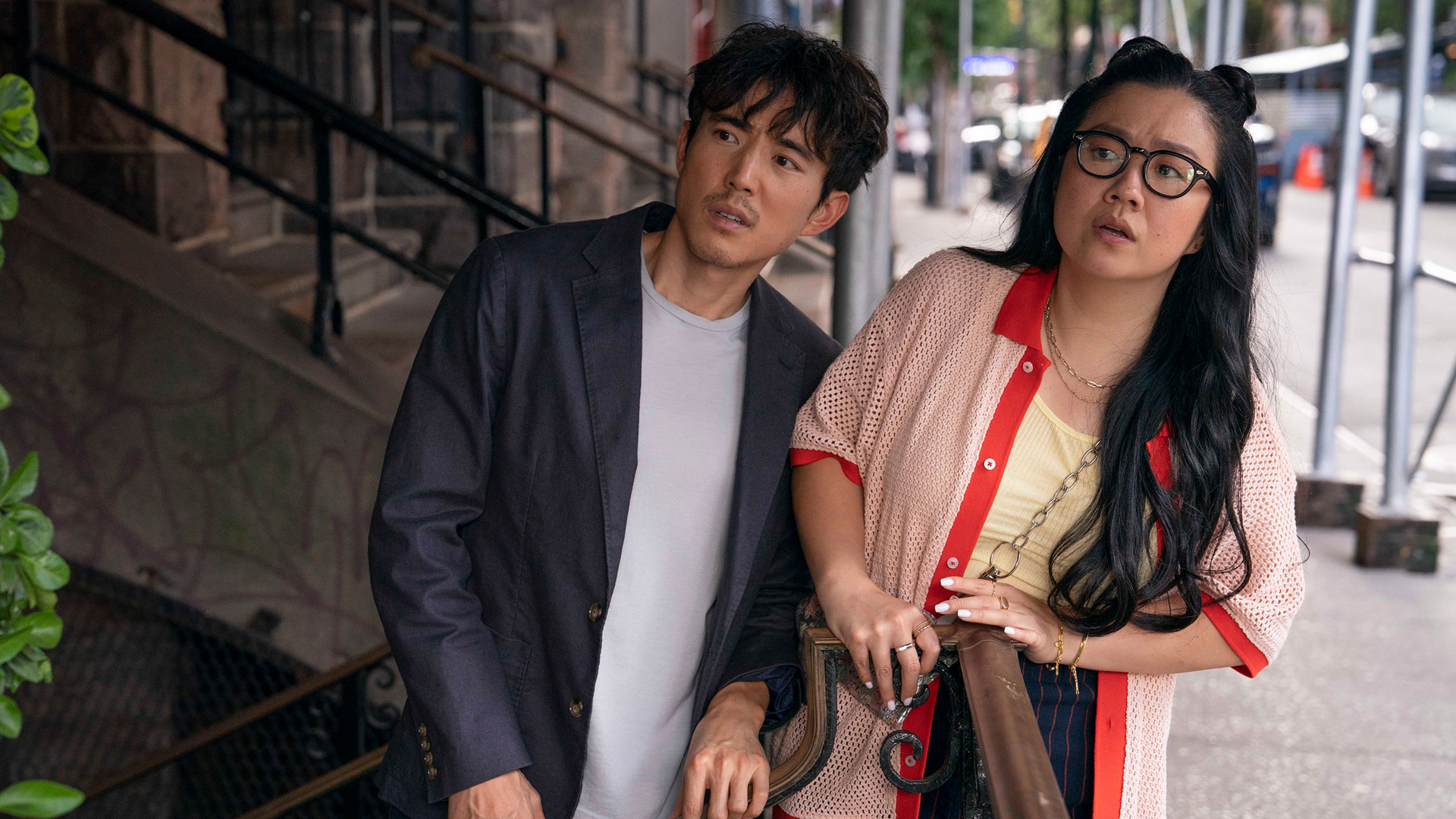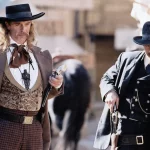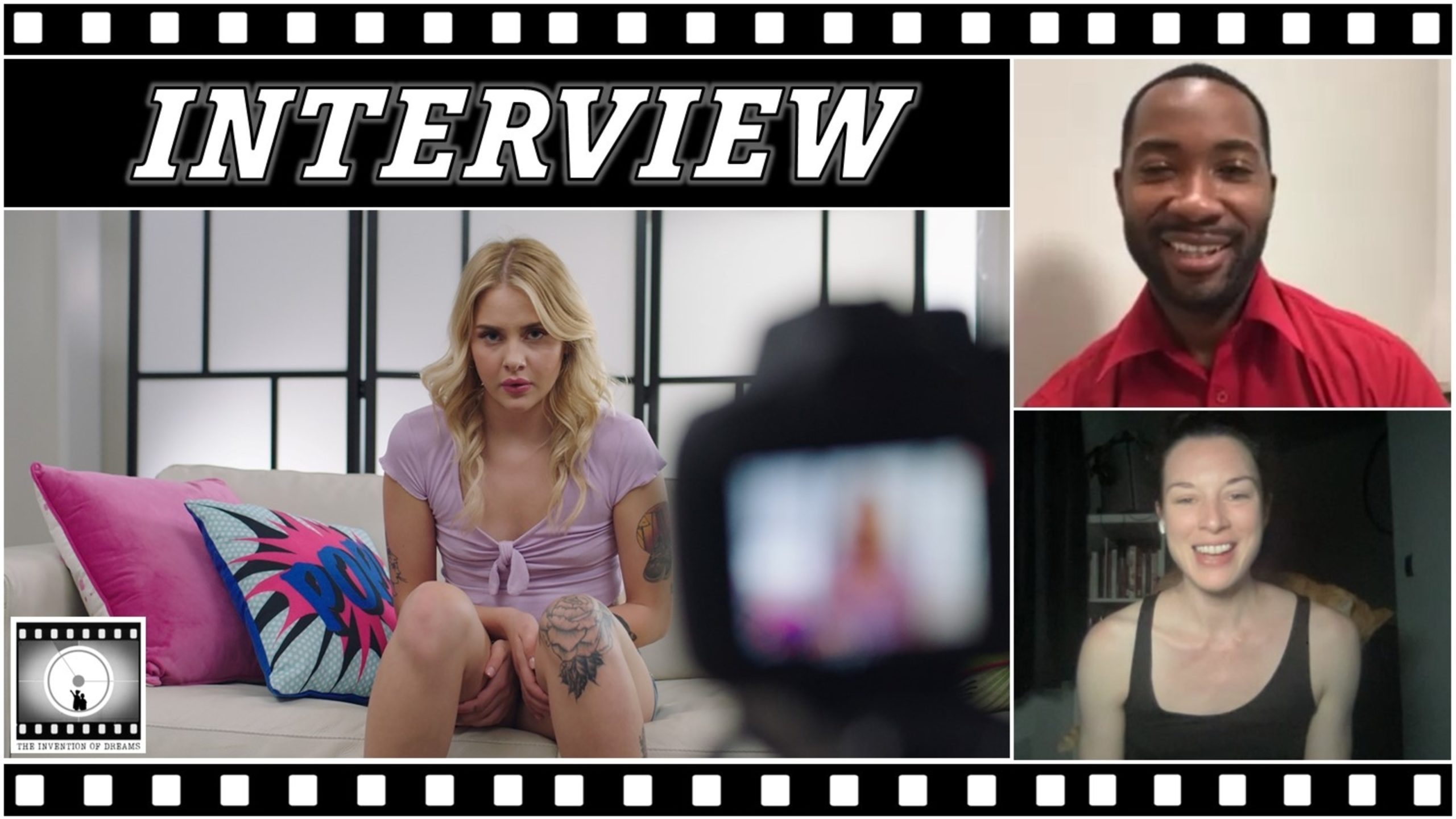
I had the chance to speak with actor Cynthia Kaye McWilliams about her work in the new Apple TV+ series The Last Days of Ptolemy Grey, a genre bending murder mystery also starring Samuel L. Jackson, Walton Goggins, Dominique Fishback, Omar Benson Miller, and Marsha Stephania Blake. McWilliams is a classically trained actor’s actor with extended stints on shows like Real Husbands of Hollywood, PrisonBreak, Bosch, The Chicago Code, and Nashville on her resume. She also has an extended voiceover and motion capture history that includes work in projects like Marvel’s What If… and Halo 5: Guardians.
McWilliams’ work in The Last Days of Ptolemy Grey has the feel of a performance that can serve as a real springboard for her career. The show takes place over multiple timelines and McWilliams plays Sensia, the love interest for a de-aged Samuel L. Jackson. McWilliams also appears as a specter in the show’s present visiting a Ptolemy riddled with dementia. It’s a complex, nuanced role. I really enjoyed speaking with Cynthia – she’s funny, open, and honest about her approach to the role and the industry more generally.
Interview Transcript:
The following has been lightly edited for clarity and conciseness.
The Appeal of The Last Days of Ptolemy Grey for Cynthia McWilliams
McWilliams: Hi Bernard!
Hi Cynthia! Nice to meet you!
McWilliams: Nice to meet you too!
An easy question at the top, what drew you into this project? What appealed to you about it?
McWilliams: I mean what didn’t? You’ve got Walter Mosley, a Pulitzer Prize winning author. You’ve got Sam Jackson. I mean, come on, he’s one of our most prolific performers of all time. You’ve also got this sort of layered, interesting, dynamic woman who exists in a very interesting way in the story, both in the beyond and very alive and present in Ptolemy’s memory.
She is just unique. She’s fierce and soft and feminine, but also very strong and almost scary with her wildness. She’s unapologetic, and really a lot of things that they didn’t then have names for. Now we might call her non-binary or bi-sexual or maybe we’d call her a feminist. At that time, she was just someone who decided she would live by her own rules and would not have to explain that to anybody.
Building Out Sensia’s Sexuality and Identity
I wanted to ask how you built that element of the character. I do think her sexuality, the openness of the relationship, is very interesting. For that era, it’s obviously not the norm. I was curious how you approached that as an actress and with Sam.
McWilliams: Like you said, it wasn’t the norm then. She’s very comfortable with the openness, but I don’t know if he wanted that necessarily. ::Laughter:: I think she basically was so, again, unapologetic about ‘this is who I am.’ It wasn’t necessarily something I had to create or build out, it was written in. I had the pleasure of not only having these scripts available to me, but also the book. I was able to really learn about who Sensia was. She had not only stepped out one night with a woman, she had many lovers. A part of her having those lovers was what made her so keenly aware of when she felt love which is why she was able to see this man in a park, have a conversation, and know immediately “I have made a decision. I no longer want to be where I’m at. I want to be with you. That’s it. Let’s do this.”
I just think “who does that?” ::Laughter:: It was great! Those are the scenes you read and think “Oh I’ve gotta do this! I can’t wait to do this” I didn’t have to really imagine that part of her sexuality or her boldness. That’s who she was, who she was written to be. I’m just very excited to be able to walk in those shoes.
McWilliams on the Differing Approach to Real Scenes and Dream Sequences
Do you find you approach the sequences that are clearly grounded in reality as opposed to the dream sequences differently as a performer?
McWilliams: Sure. The biggest difference being that when we’re working in reality I’m sitting there with Sam. It’s about listening, engaging, and the back and forth. That’s what it’s always about. You do your work, you create your character, that’s a person now. I’m bringing this person here and that person’s job is now to be in this present moment.
In the other scenes, really the first two episodes, we’re creating a whole memory based on her interaction. It’s eyeballs, gazes, looks. Maybe a little whisper from beyond, but that was so important. Those scenes are not about working with Sam at all. That’s just me sitting with a camera. I need to really be aware of the moment I’m trying to give to him. What’s the memory? Where were we when this happened? What is this look that he sees? Where does that come from? For me it was about having a very vibrant imaginative history between us to be able to give that to him.

Acting with a Scene Partner Under Heavy Prosthetics
I know the makeup and prosthetics team put an enormous amount of work into this, and on the screen it looks incredibly natural. Was it that natural up close working in that dynamic?
McWilliams: You know it’s crazy they did an enormous amount of work to both age him and de-age him. Both were fantastic. When I met him for the first time on set he was already in his 90 year plus age makeup. I remember being so shocked because I thought for a second that Sam had just gotten really old on me. Man, I don’t remember him looking this old! And then I realized it’s the makeup! He was just hanging out already in makeup. It looked so good, because I honestly thought he just got old. ::Laughter:: And then when he’s young… it’s interesting all of that stuff and how they make it. It’s so weird the process. It’s clearly makeup in life, but it’s impressive that they’re able to use whatever they’re using to combine with the digital thing and make this younger person. Sam is a youthful energy guy who looks pretty darn good for his age, so they didn’t have that much work to do!
I hope I age half as well as Sam has!
McWilliams: ::Laughter::

Code Switching in Hollywood Productions, and How Ptolemy Grey Avoids the Problem
One of the things I wanted to ask you about was the writing. Obviously, Walter Mosley is a living legend. Usually when you have linguistics in a film or a show of this sort of budget, a movie star like Samuel L. Jackson as the lead, and on a big high profile streaming platform, a lot of shows like that – even when they come from black creators – tend to sound like they’re written for white people. There’s a lot of code switching in a lot of mainstream content. And I think one of the things that’s most effective is how uninterested in code switching the writing was here, and I’m curious how that impacted you as a performer and what it was like to work in that environment?
McWilliams: I really appreciate that question. And I really appreciate your use of the word code switching because yes, indeed, often writers are still, even when they’re black writers, are under the gaze of white productions, white budgets, and white studios. They are doing a lot of compromising or even just sometimes making it chewable to the palate. There’s just a certain amount of literal studio confusion about what people will understand, because they don’t understand. So they’re worried and thinking I don’t know if [white audiences] are going to get this.
But yes. Yes! Uninterested could not be a better word. Sam, in general, is not an artist at this level of his career who is interested in anybody’s insight into how he should tell a story. He is so intimately connected to this novel. It was a passion project of his. He has working on getting it done for ten years. He is so intimately tied to Walter. They have been having a discussion for forever. I can’t believe that ten years later they’re still talking about this on lunch. They’re still trying to figure it out together. Having Walter there honors the story in a way we would not have been able to if he had left the room and he wasn’t a showrunner and wasn’t literally there to be a part of every episode. His hands were on every single step of the project. I think that’s how we mostly kept the authenticity.
There’s also being led by Sam, who is uninterested in anything that even remotely rings false. When he hears something that’s false, or even if something would happen and there would be a word that wouldn’t be quite right… He’s from the South! This is his history. He would say “No. I wouldn’t have called it that. That’s not what we would’ve called that. We would’ve called that a rolling around with the hogs.”
He would have these beautiful Southern phrases that he knew. I remember in my audition he was challenging me about a choice I had made and said “Oh. So you’re just going to take my advice? Take anything I say? You just let people tell you what you do?” I said “No. I don’t. But what I do, like my daddy used to say, is eat the meat and discard the bone.” He was like “Oh! You over here having a whole Southern thing!” I think that was the day and the moment that he was like “We good! We gonna work together. We’re gonna be fine!”
We’re coming to the end of our time, but it was a joy to talk to you now. And it’s really great work you’ve done here
McWilliams: Thank you!
And I can’t wait for a whole lot of people to see the performance that you’ve given. Congratulations!
McWilliams: Thank you very much. I appreciate it.

The Last Days of Ptolemy Grey debuts on Apple TV+ on Friday, March 11, 2022.
Please look for our interview with Omar Benson Miller and Marsha Stephanie Blake tomorrow and our review of the series on Thursday.
















